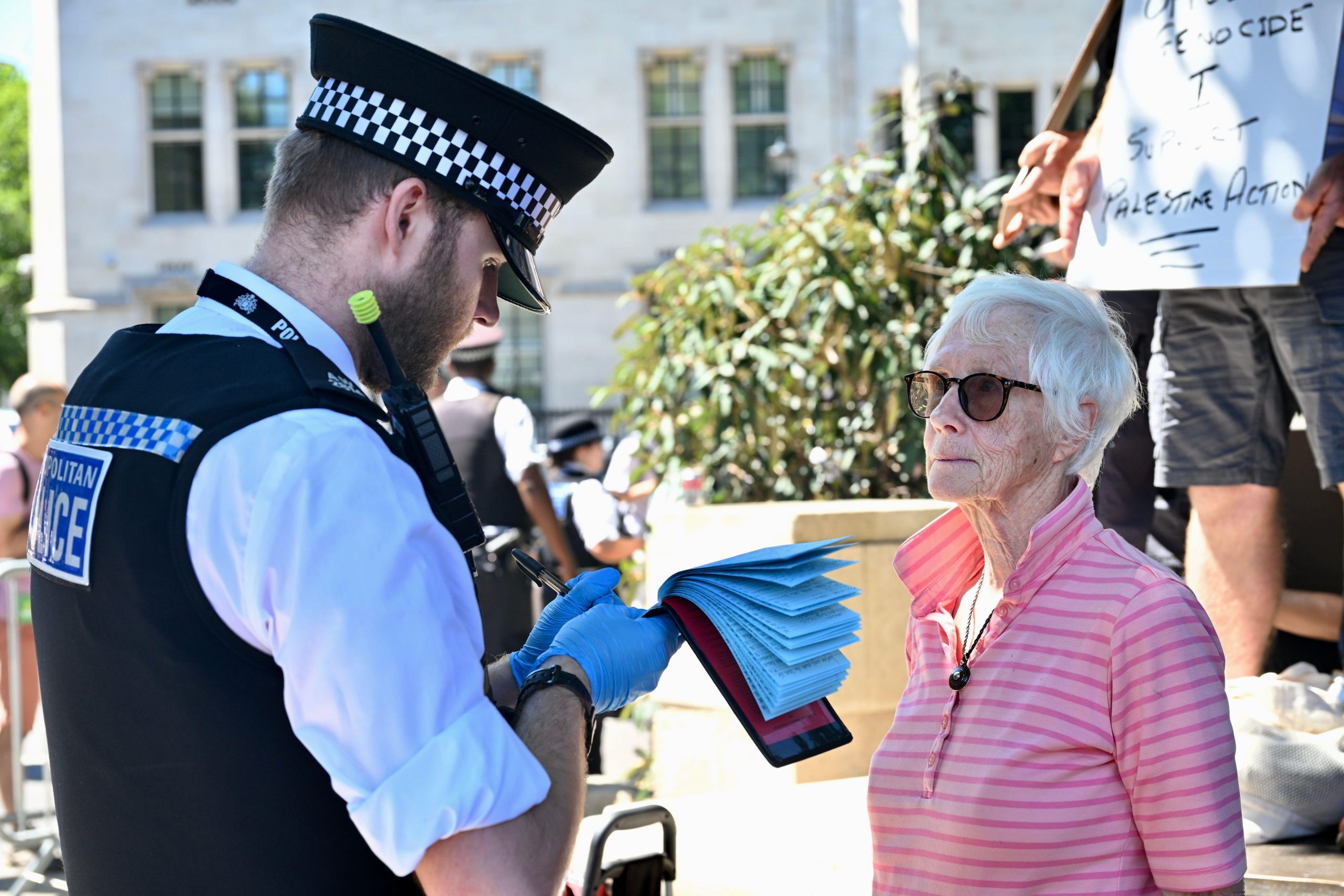Right now, public libraries are censoring their readers’ choice of books – but is this ever acceptable? With demand from the public for extremist literature in some UK libraries, it is argued that the job of librarians is to defend social cohesion and avoid texts that may offend religious or ethnic minorities. As ever-limited public money pays for books, it is right for librarians to seek to provoke public debate, or should they get on with providing what the public wants?
A panel discussion with Lisa Appignanesi, President of English PEN; Douglas Murray, author of Hate on the State: How British libraries encourage Islamic extremism; Mike Clarke, Head of Camden Libraries; Tony Lacey, Publishing Director at Penguin Books.
Chair: Mike Harris, Public Affairs Manager of Index on Censorship
15 September, 5.30 pm
Free Word Centre
60 Farringdon Road
London EC1R 3GA





